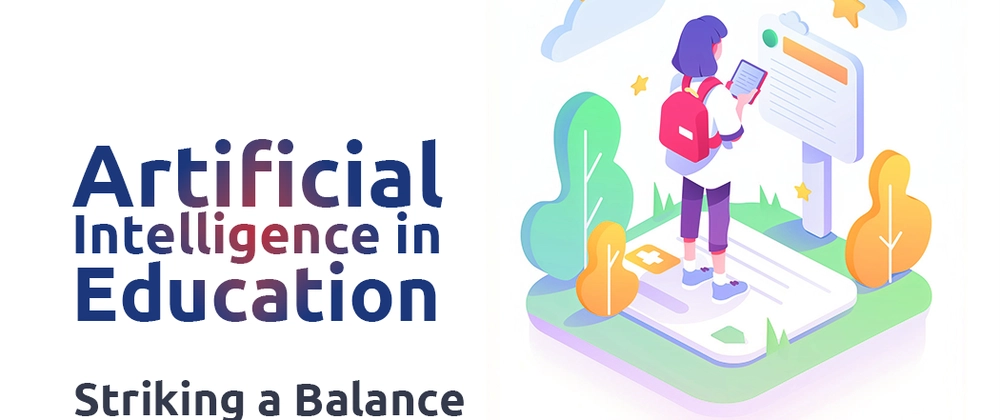The world is changing rapidly due to artificial intelligence (AI). Its adoption is skyrocketing in almost every single field. One area where AI is set to make a huge impact, and already has in some cases, is education.
AI in education promises better learning experiences, personalized instruction, and quicker ways to handle administrative tasks. But all the amazing possibilities that AI brings come with a trade-off, as the vast majority of data required for AI to function raises serious privacy concerns.
In this blog, we'll look at the role of artificial intelligence in education and how to find the balance between its innovative promise and the need to protect user data.
Ready? Buckle up!
TL;DR
AI has a lot to offer in education, from personalized instruction to gamified learning, administrative task management, and more.
The AI systems used in education are heavily reliant on data. This raises questions about how data is stored, who may access it, and the potential ways it may be used or abused in the future.
The risk of data breaches, exploitation, and constant surveillance are some of prime examples of privacy concerns associated with AI usage in education.
By focusing on transparency, data encryption, user control, and regular audits, educational institutions can strike the balance between AI and privacy.
What is Artificial Intelligence in Education
Artificial intelligence in education (AIED) refers to the integration of AI technologies in the educational landscape to support educators, improve learning experiences, and streamline administrative work.
AI technologies, such as NLP, machine learning, robotics, and data analytics, enable personalized learning by adjusting content and pacing to meet the unique needs of each student.
Additionally, the use of AI in education automates a number of repetitive administrative tasks. This allows educators to focus more on teaching and student engagement.
Summary: Artificial intelligence in education (AIED) leverages machine learning, NLP, data analytics, and robotics to support teaching and learning.
Benefits of Artificial Intelligence in Education
Using AI in education brings many new opportunities, like learning that fits each student, fun and exciting experiences, better student involvement, and automating tasks to make things easier.
i) AI Personalizes Education
AI provides a great way to tailor learning experiences. It can review the academic history of a student to deliver a curriculum that matches their unique needs, abilities, and pace.
ii) AI Creates Immersive Experiences
AI-powered technologies such as AR, VR, and MR simulate real-world scenarios and make it easy for students to understand abstract concepts that might otherwise be challenging.
iii) AI Gamifies Learning
Modern students have short attention spans. AI-powered gamified learning platforms keep them engaged and motivated through challenges, rewards, leaderboards, etc. This enhances their focus on learning objectives.
iv) AI Automates Various Tasks
Through automation, AI helps educators offload various time-consuming tasks like posting assignments, evaluating student progress, sending emails, identifying learning patterns, and more.
Summary: AI enhances personalized instruction, creates immersive AR/VR experiences, enables gamified learning, and automates educators' tasks.
AI and the Privacy Dilemma
The use of artificial intelligence in education has significant privacy concerns. The AI systems used in education are heavily reliant on data. This often includes collecting sensitive information about students and educators, including their emotions, behaviors, online activities, attendance records, and even details like biometric data.
Not only is this data vast, but it is also very private. It brings up questions about how it's stored, who may access it, and the potential ways it may be used or abused in the future. Thus, there are genuine risks associated with the use of AI in academic settings that we should not ignore.
a) Data Breaches
Educational institutions collect enormous amounts of private information about students and learners, such as financial data, health records, behavioral patterns, and more. As AI applications demand access to this private data, the risk of data breaches is always there if it's not managed properly.
For instance, Proctoru is an online exam proctoring service. When hackers accessed their platform, it led to a data breach that leaked user records for about 444,000 students.
Read the complete article to explore privacy dilemmas and the perfect way to Strike a Balance Between Innovation and Privacy.





Top comments (0)